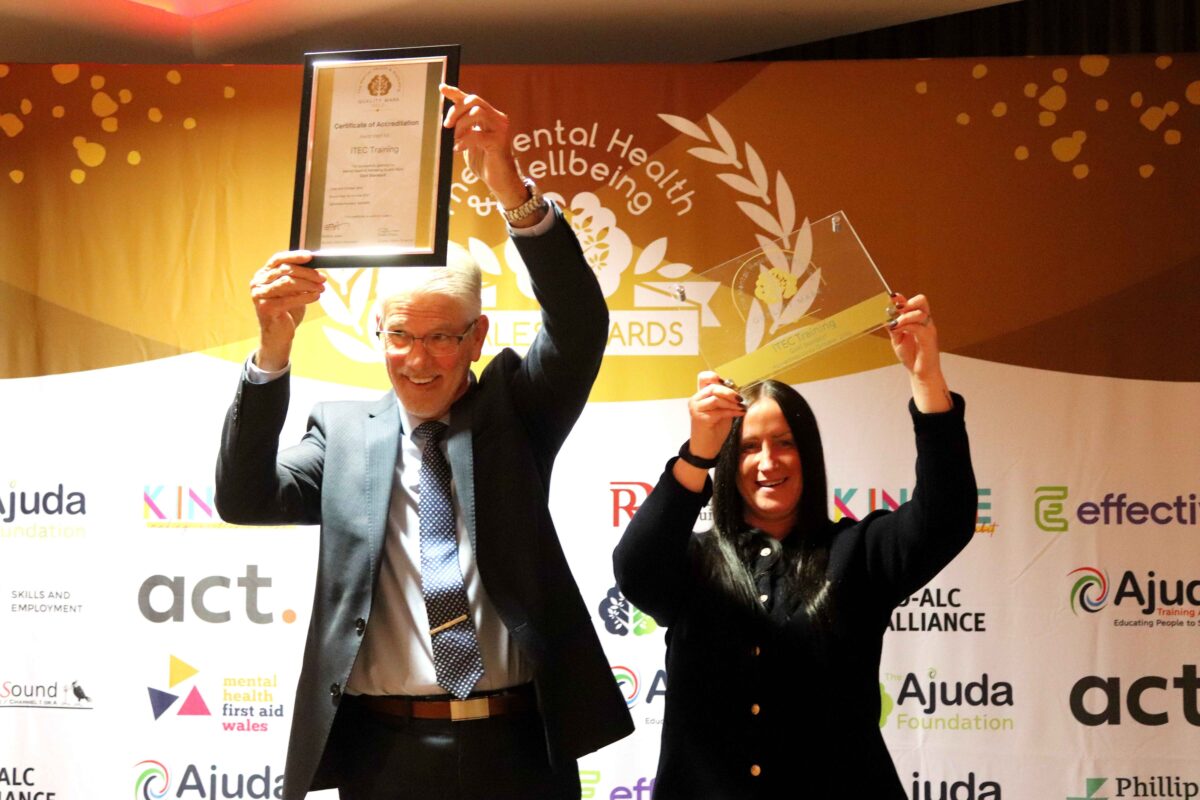University Students Ask Their Parents For Over £2,200 Per Study Year To Help With Rent, Food and Socialising

New research has revealed that 87% of undergraduates had to ask their parents for money on average five times per study year, asking for £457 per time, in order to help pay their rent and buy food. According to the poll, however, over half of those asking for money weren’t entirely honest with their parents about the money that they were asking for.
According to new research, whilst requesting money from their parents in order to get by, some undergraduates admitted to asking for money than they really needed, and others admitted that they had enough in the first place, but wouldn’t have had money to socialise if they didn’t ask for financial help.
The team behind www.notgoingtouni.co.uk conducted the research as part of an ongoing study into British attitudes towards university and the true costs that come with undertaking a degree. 2,186 Britons aged 18 and over, all of whom stated they had completed an undergraduate degree within the past three years, were quizzed about the financial side of going to university.
Initially all respondents were asked ‘How did you fund your way through your degree?’ and told not to take into account student loans covering their tuition fees. ‘I got a job’ (35%) and ‘my parents gave me a regular allowance’ (29%) were the most common responses, whilst a further 12% admitted that they had ‘sold some possessions’ in order to make money.
All of those who stated they got a job were asked what type of job they had got in order to fund their lifestyle, to which ‘bar staff’ (19%), ‘student union’ (18%) and ‘retail’ (15%) were the most popular amongst undergraduates.
Furthermore, all respondents were then asked whether they had ever had to ask their parents for additional money, whether funded by their parents already or not, to which almost all respondents, 87%, admitted that ‘yes’ at one point or another they had to ask their parents for money. When asked how many times per year they had asked for money, and roughly how much they asked for each time, the results showed that the average student had asked for money 5 times per year, averaging £457 a time – or £2,285 per year.
Wanting to delve a little deeper, all respondents were asked to elaborate on what they had needed to borrow money from their parents for. When provided with a list of possible responses and told to select all that applied, the top five responses were as follows:
- To help pay for rent – 71%
- In order to buy food – 63%
- To cover the cost of books and stationery – 48%
- For transport, to visit home and get back to university – 30%
- To cover costs incurred from being a member of societies and groups – 22%
According to the poll, when asked if they had been entirely truthful with their parents about what they needed money for, 56% of respondents admitted that ‘no’ they hadn’t, citing reasons such as ‘I asked for a little more than I needed to have some extra money’ (41%) and ‘I already had enough to cover the cost of what I needed, but not to socialise too’ (36%).
A comprehensive 50-page Results Day Guide has been created by notgoingtouni outlining all possible routes after A Levels and GCSE’s, including information on apprenticeships and vocational training. This is free to download, use and reproduce via http://www.notgoingtouni.co.uk/advice/results-day-guide-2016-574
Sharon Walpole, CEO of notgoingtouni.co.uk, commented:
“For many, going off to university is the first time that they’ll have to stand on their own two feet and finally be independent; cooking, cleaning and even controlling finances. University is a great place to learn and study, but it also comes with rent, socialising and a tonne of extra costs that may not have been anticipated or budgeted for, hence so many turn to their parents for financial support.
“For some, turning to their parents for extra help isn’t always an option, and financing a degree can be tricky, but this course isn’t for everyone – there are alternative options out there that don’t come with hefty tuition fees, and there are alternative options whereby you can learn and get paid at the same time. We’d encourage any student to look into all possible routes following their GCSE’s and A Levels in order to be best informed and to help them make the right choice for them.”











Responses